Science photographers can expose scenes that are otherwise impossible to view.


What’s the ultimate reason we die? In this video, science writer Michael Shermer discusses the universal laws that preside over why stars fade out — and we do, too.
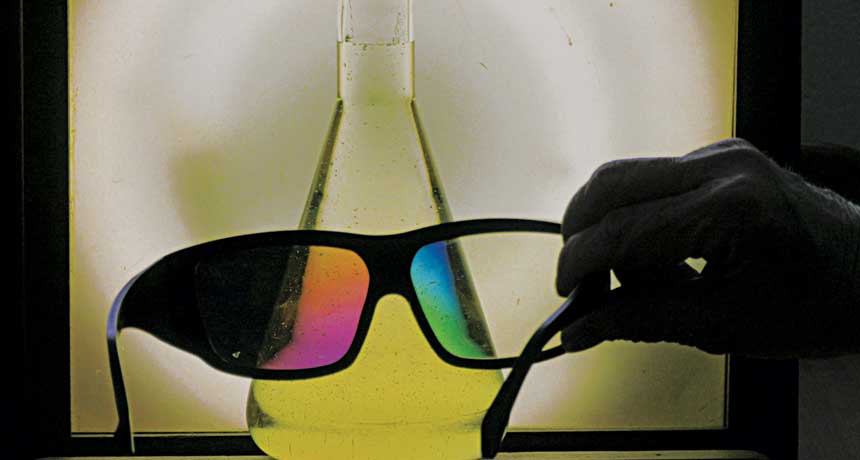

Dubbed by one scientist as, “probably the most important paper to be published in the field of dementia in the last five years,” a team of researchers has described a newly defined neurodegenerative disease that closely mimics the symptoms of Alzheimer’s, but which has an entirely different pathological cause.
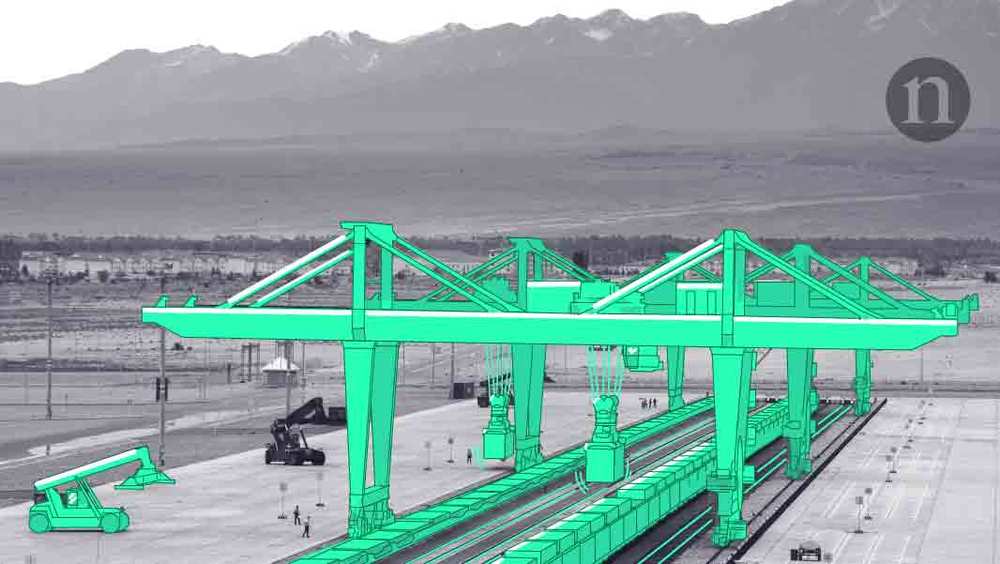
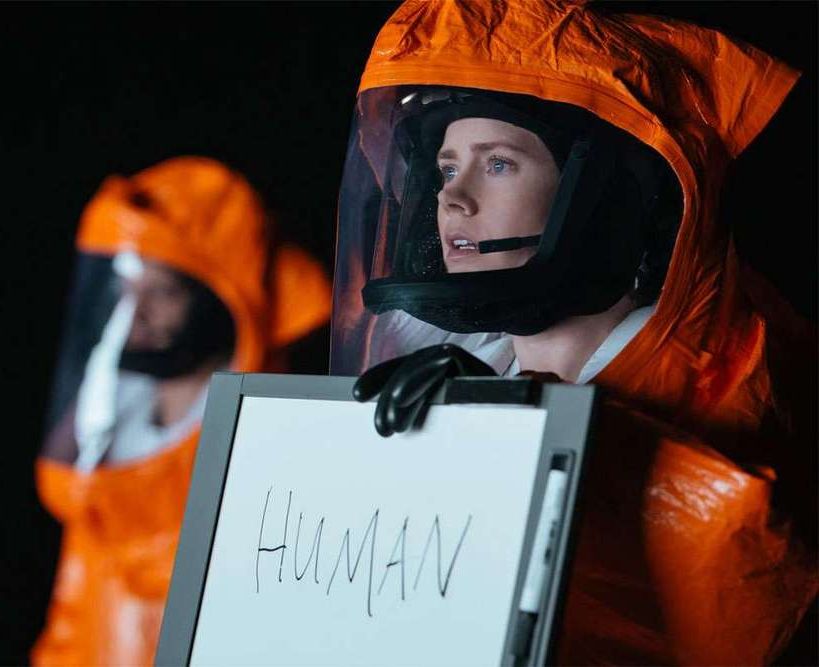
By Rowan Hooper
Science fiction thrillers usually send in gun-toting heroes like Will Smith or Tom Cruise to kick invading alien butt. Arrival is completely, wonderfully different: it sends in a linguist, played by Amy Adams.
“Language,” one character says, “is the first weapon drawn in a conflict.” The big question to ask the aliens: what is their purpose on Earth?
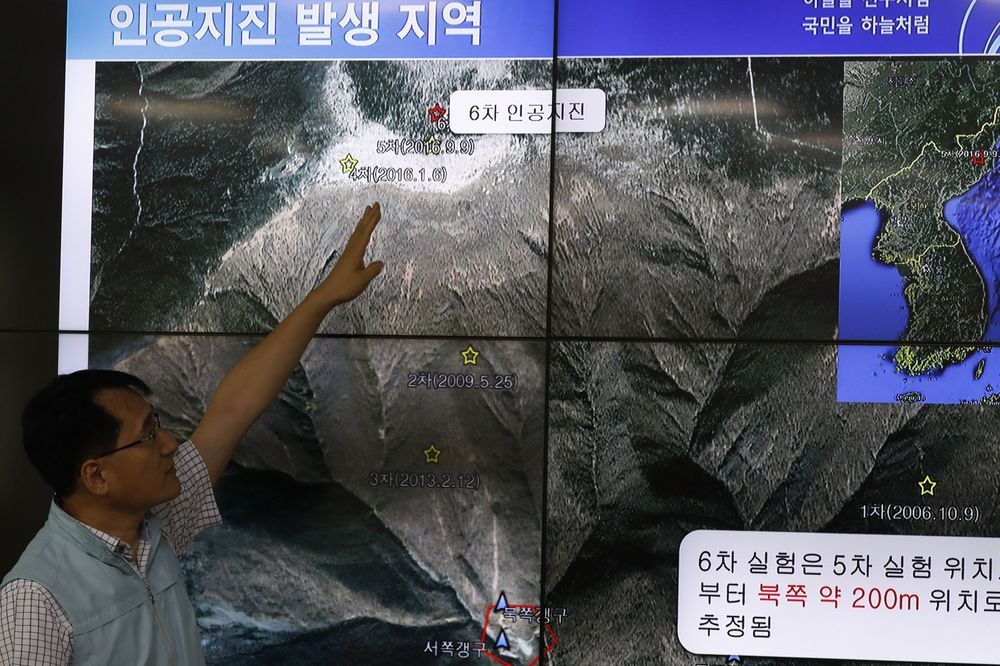
Just days after North Korea announced it was suspending its testing programme, scientists revealed that the country’s underground nuclear test site had partially collapsed. This assessment was based on data gathered from smaller earthquakes that followed North Korea’s biggest nuclear test in 2017. A new study published in Science has now confirmed the collapse using satellite radar imaging.
The collapse may have played a role in North Korea’s change in policy. If correct, and with the hindsight of this research, we might have speculated that the North Koreans would want to make such an offer of peace. This shows how scientific analysis normally reserved for studying natural earthquakes can be a powerful tool in deciphering political decisions and predicting future policy across the globe.
In fact, another unusual earthquake in South Korea in 2017 also has the potential to affect geopolitics, this time by changing energy policy. “Seismic shift” may be a cliche often used by journalists and policymakers to describe changing political landscapes, but these recent earthquakes along the Korean Peninsula remind us there can really be authentic links between seismic events and global affairs.
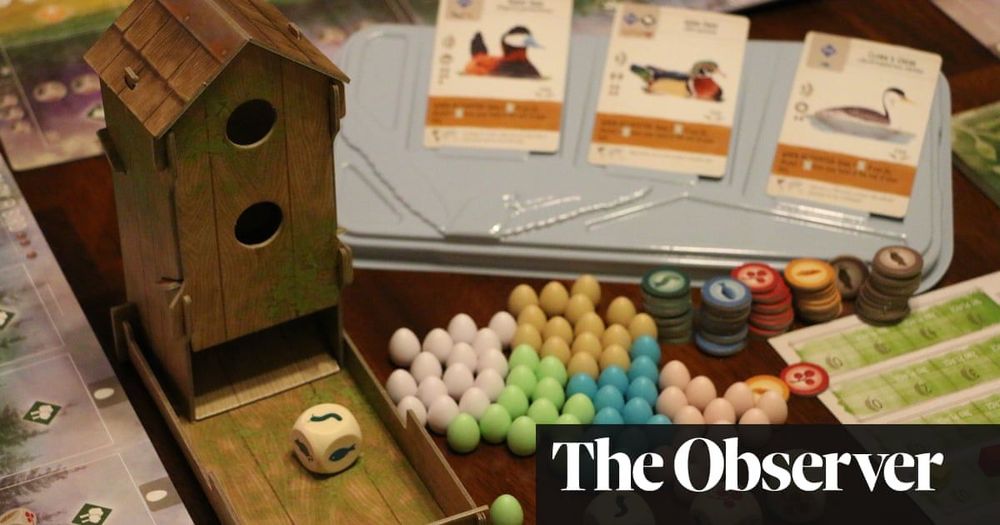
Science-themed board games are an increasingly popular way to learn about everything from atom building to colonising space.
If you like games, why not sign up for Lootcrate? https://lootcrate.com/MikeInHD
Use Coupon Code: MikeInHD
In the world of Halo, Master Chief is a super soldier outfitted with one of the most advanced sets of body armor ever produced by mankind. So how bullet proof if Master Chief? Master Chief Doesn’t Want to Die.
http://www.YouTube.com/MTR702?sub_con…
Your support on Patreon is appreciated!
https://www.patreon.com/SpacePak
● My Twitter — http://Twitter.com/MikeInHD
● My Graphics Channel –https://www.youtube.com/user/moboxgra…
It all starts with John 117. Basically he was kidnaped as a kid and pumped with performance altering drugs and growth hormones. The success rate for transforming a small child into a giant fighting machine is apparently pretty low. So yeah, it’s pretty amazing this guy can even mentally function let alone save the planet. Anyway, as a full grown man, John is 287 pounds (131 kilograms) and stands 6 feet 7 inches tall (about 2 meters). To put it into perspective, Andre the Giant was a 7 foot 4 inches tall (2.24 meters) wrestler from France. Coming in at at 550 lb (255 kg), not only was he tall, but he was massive. So although John is big, he isn’t’ that big. What makes Chief so powerful is of course his set of armor. According to lore, The MJOLNIR powered assault armor is a technologically-advanced combat exoskeleton system designed to vastly improve the strength, speed, agility, and reflexes of a spartan super soldier. This suit then brings John up to 7 feet tall and about 1,000 lb (453 kg), or twice the weight as Andre the giant, but still a little shorter.